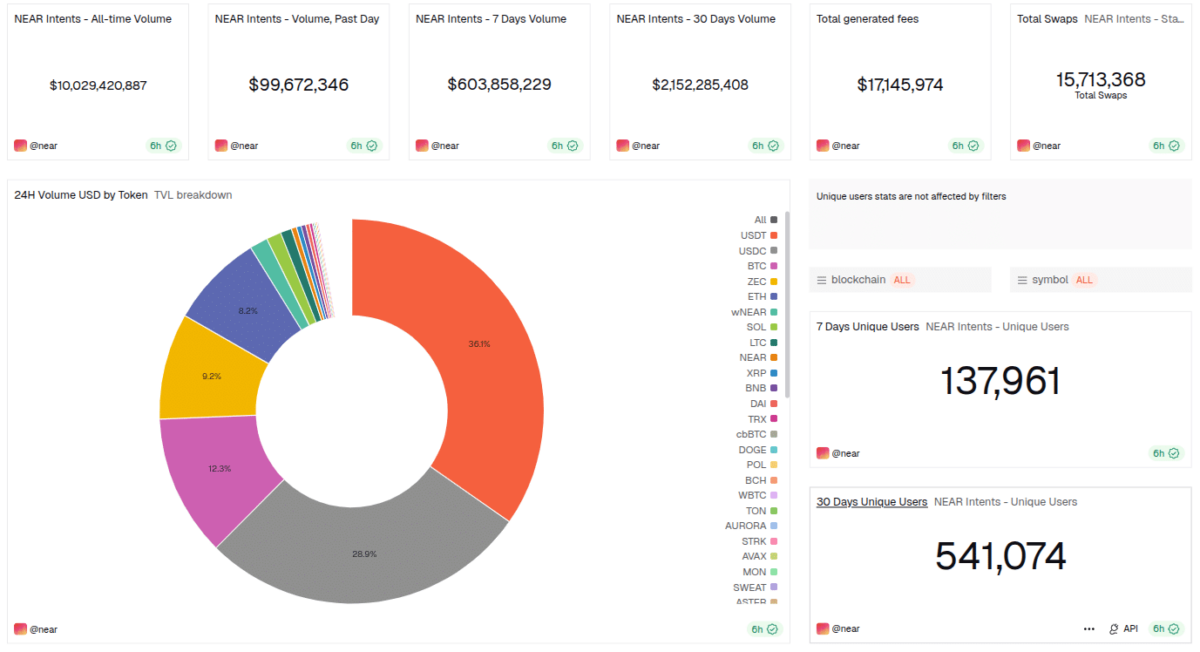Elon Musk’s artificial intelligence startup xAI has launched a lawsuit against a former engineer accused of stealing proprietary information to take to rival OpenAI.
The lawsuit came just as Taiwan Semiconductor Manufacturing Company (TSMC) unveiled a global system designed to help companies better manage and protect their intellectual property.
Musk’s xAI in legal battle with ex-engineer
Musk’s xAI filed its complain t on Thursday, August 28, in a California federal court, alleging that former employee Xuechen Li stole confidential material tied to Grok, the company’s conversational AI chatbot, and carried it to his new role at OpenAI earlier this month.
According to the filing, Li helped train and develop Grok during his tenure at xAI, which began last year. The company alleges he downloaded and concealed files shortly after accepting a job offer from OpenAI and selling $7 million of his xAI stock in July.
The lawsuit claims Li admitted to theft during a meeting on August 14, but investigators later discovered additional sensitive material on his devices. xAI is seeking monetary damages and a restraining order preventing Li from working for OpenAI.
It’s important to note that OpenAI itself is not a defendant in the case.
Musk, who co-founded OpenAI in 2015 before leaving its board three years later, has become one of the company’s fiercest critics. He is currently pursuing separate lawsuits against OpenAI and chief executive Sam Altman for allegedly abandoning its initial non-profit mission, and earlier this week filed an antitrust case against OpenAI and Apple in Texas over alleged monopolization of AI chatbots on Apple devices.
TSMC promotes trade secrets registry
While Musk’s startup opted for litigation, TSMC, the world’s largest contract chipmaker, took a more systematic approach to trade secret protection. The Taiwanese company said it would begin marketing its proprietary registry system to partners in Europe and the US.
The system, in development since 2013, functions as a secure database of confidential information, ranging from chip designs to manufacturing processes. To date, 20 local firms including ASE Technology Holding have adopted the platform.
TSMC associate general counsel Fortune Shieh said that the registry integrates with HR and IT systems and uses artificial intelligence to track projects, joint ventures and standout talent. The database now contains more than 610,000 entries.
“If our suppliers also adopt this trade secret registration and management system… it can help them build a stronger innovation culture and more systematic management… and in turn, we benefit from that as well,” Shieh said.
The company mentioned that cybersecurity had been “a fundamental and necessary consideration” from the outset, with automatic encryption designed to render files unreadable even if hacked.
Rising risks for global innovators
Despite such precautions and systems in place, TSMC has itself faced theft incidents . Earlier this week, Taiwanese prosecutors indicted three individuals accused of stealing its trade secrets to benefit Japan’s Tokyo Electron. The company has vowed a “zero-tolerance” policy and increased internal monitoring following recent breaches.
While xAI seeks legal redress for alleged misconduct by an individual employee, TSMC is institutionalizing and about to commercialize a framework aimed at preventing such disputes.
The potential for leaks or divulging of intellectual property has long been a major headache for businesses, and in recent times, that risk has been elevated in the AI and semiconductor space as firms compete for scarce experts and breakthroughs. This gives insiders access to commercially critical data which can be difficult to manage.
Litigation may be necessary to punish violations, but systems that catalogue and protect intellectual assets could prove more effective in deterring breaches and making sure of lasting innovation.
KEY Difference Wire helps crypto brands break through and dominate headlines fast

